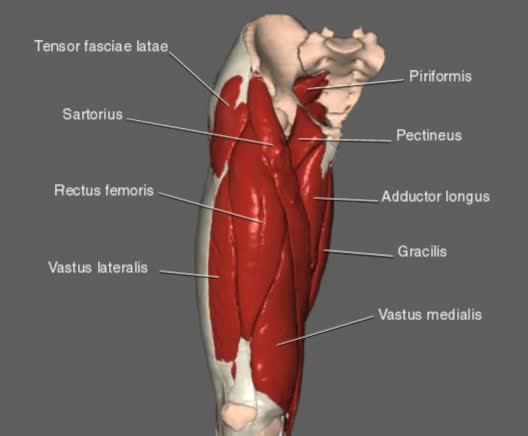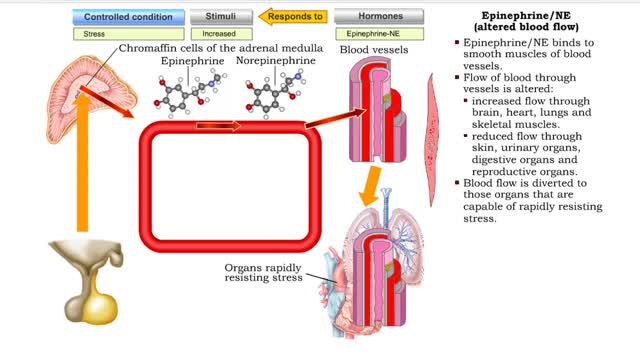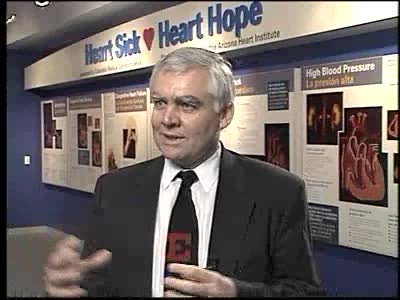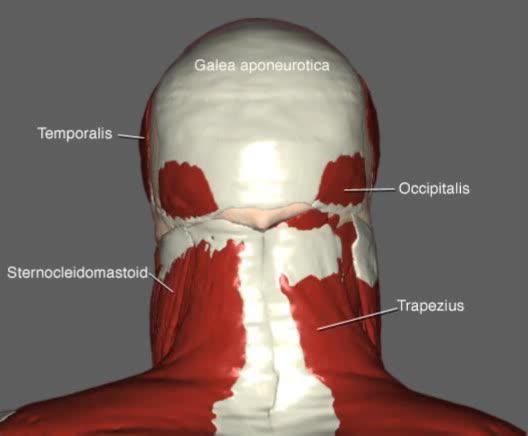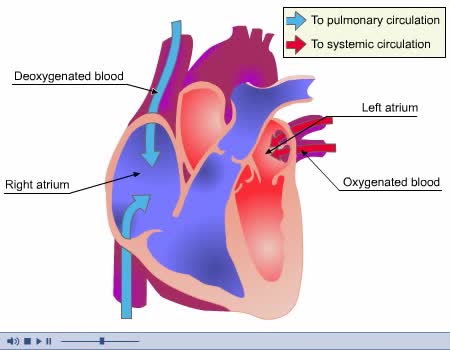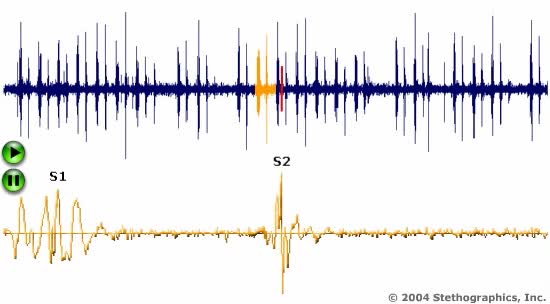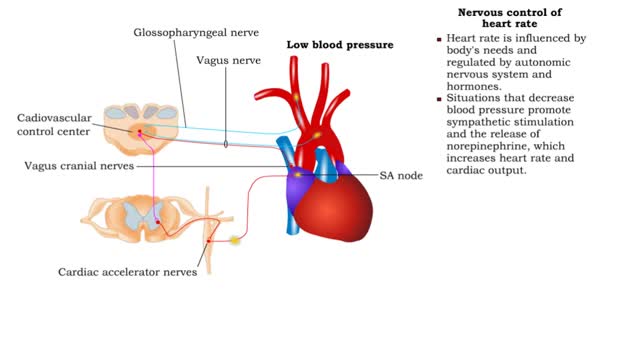Search Results
Results for: 'heart muscles'
Hip and Thigh Movement Animation
By: Administrator, Views: 309
- The 3 hamstring muscles (biceps femoris, semimembranosus and semitendinosus) – these muscles form most of the flesh of the back of the thigh; they flex the knee and extend the hip; - Gluteus maximus muscle (buttock); and, - Gracilis, sartorius and plantaris muscles.
Epinephrine/NE (heart rate, altered blood flow, glycogenolysis & bronchodilation)
By: HWC, Views: 6545
• Stressors trigger increased sympathetic stimulation from the hypothalamus to the chromaffin cells of the adrenal medulla. • This causes the immediate release of epinephrine and norepinephrine (NE). • Epinephrine/NE binds to the cardiac muscles of the heart. • Cardiac muscle cells ...
By: Administrator, Views: 9850
A heart attack occurs when an artery supplying your heart with blood and oxygen becomes blocked. Fatty deposits build up over time, forming plaques in your heart's arteries. If a plaque ruptures, a blood clot can form and block your arteries, causing a heart attack.
By: Administrator, Views: 9810
Coronary heart disease accounted for 23.5 percent of all deaths in the U.S. in 2008. According to the Centers for Disease Control and Prevention (CDC), about 735,000 Americans have a heart attack each year. Warning signs and symptoms include chest pain or discomfort and shortness of breath. Ex...
Head and Neck Movement Animation
By: Administrator, Views: 296
Interestingly, head and neck muscles are the first ones that the baby can control. A baby can hold his head up before he can sit erect. The muscles of the head and neck perform many important tasks, including movement of the head and neck, chewing and swallowing, speech, facial expressions, an...
By: Administrator, Views: 9505
Everything you need to know about your heart
By: Administrator, Views: 722
An electrocardiogram (ECG, EKG) is a commonly used procedure in which the electrical events associated with the beating of the heart are evaluated. (A) Skin electrodes are applied to the chest wall, which send electrical signals to a computer that interprets the signals into graph form. An ele...
By: HWC, Views: 6753
• Heart rate is determined by the rate of depolarizations of the sinoatrial (SA) node. • Cardiac output is directly proportional to heart rate, the greater the heart rate the greater the cardiac output. • Changes in heart rate are associated with exercise, stress or injury. Nervous ...
Advertisement



